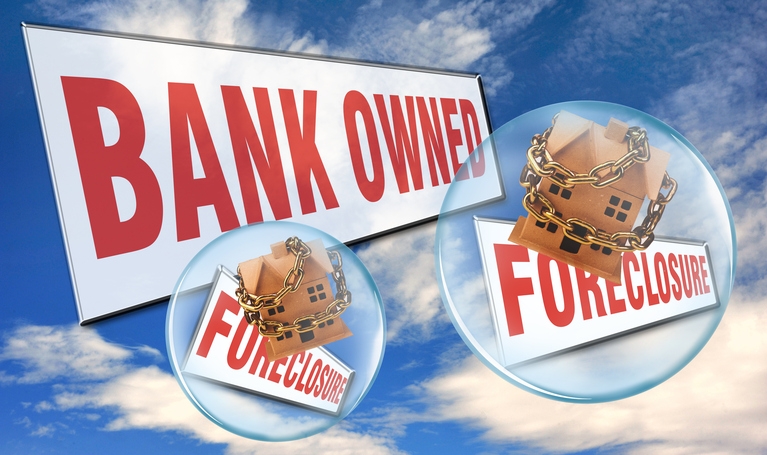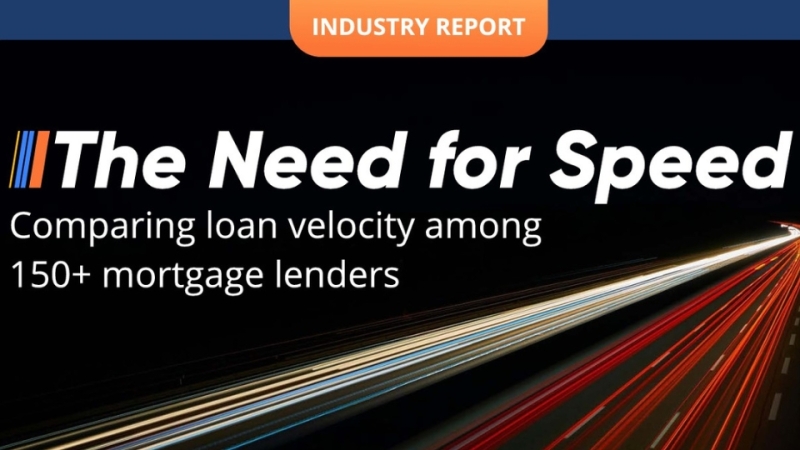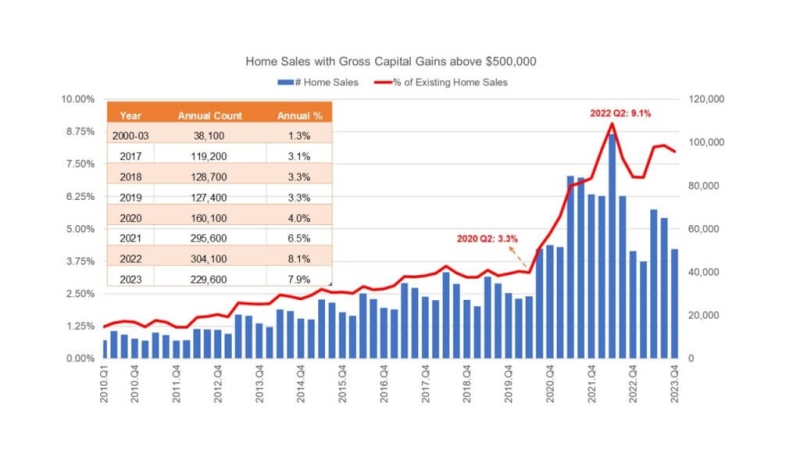Study Links Property Tax Mishaps to Housing Bubble

As the Housing Bubble and subsequent Great Recession fades further into the past, a new study is offering a different theory on how property taxes may have contributed to the financial debacle.
In an article published in Public Finance Review, Dr. Seth Giertz of the University of Texas at Dallas and Dr. James R. Follain of the University of Albany have concluded that property taxes failed to reflect rising home values during the years that the Housing Bubble metastasized. Because property taxes made up a smaller share of a home’s total cost, the study theorized, this imbalance served to fuel a greater demand for housing.
“If you’re looking to buy a house and there’s a lower tax rate associated with it, you’re willing to pay more for the house,” said Dr. Giertz.
However, this created a seesaw effect when the Housing Bubble collapsed: Property taxes increased as house prices fell, and in some cases local governments either raised property taxes to compensate for the loss of revenue or failed to properly reassess homes to reflect their new lower values. This was most severe in Detroit, where the effective tax rate increased 1.16 percentage points, while home prices plummeted by 34 percent.
“Especially during the bust, property tax practices made things worse, as many communities either substantially cut public services and/or substantially raised property tax rates at a time when many in the community could least afford it,” Dr. Giertz added. “Many times, increases in property tax rates came about not from legislated tax increases, but from keeping assessed property values at well above properties’ true market values.”





